Choose Safe “Ready to Eat Food” from “Thailand”
People nowadays rush through life and seek a convenient lifestyle. “Ready to Eat Food” is, thus, the convenient and easy option for those who do not have time to cook. Yet, the spread of COVID-19 has led people around the world to unprecedented concerns over their health and well-being. As a result, consumers increasingly take more caution especially when purchasing ready to eat food as they look for products manufactured with high safety standard and quality control system that they can trust.

“Thailand” is the world’s major exporter of food products, ranging from ingredients, vegetable, fruits, processed food and ready to eat food with the high technology manufacturing practices that meet global standards and are widely accepted among global trade partners. In response to the current concerns over the pandemic, Thailand is among the first countries that strictly impose COVID-19 Prevention Best Practice in food production to ensure that manufacturers, exporters, business operators, ingredient suppliers, follow the same safety standard guidelines, comprising:

1. Reduce the risk of contamination from ingredients and containers.
Business operators and suppliers in ingredients shipping must control access to the premises, screen and manage employee data as well as data on the freight vehicles, ensure surface cleaning the freight vehicles after each use, while employees need to wear a mask at all times to prevent contamination.

2. Strict production control
Manufacturers must implement quality and safety controls throughout the production line, from receiving ingredients, storing in cold storage room, processing and packing in compliance with Good Manufacturing Practice (GMP) and Hazard Analysis Critical Control Point (HACCP). Besides, employees must keep personal hygiene at all times.
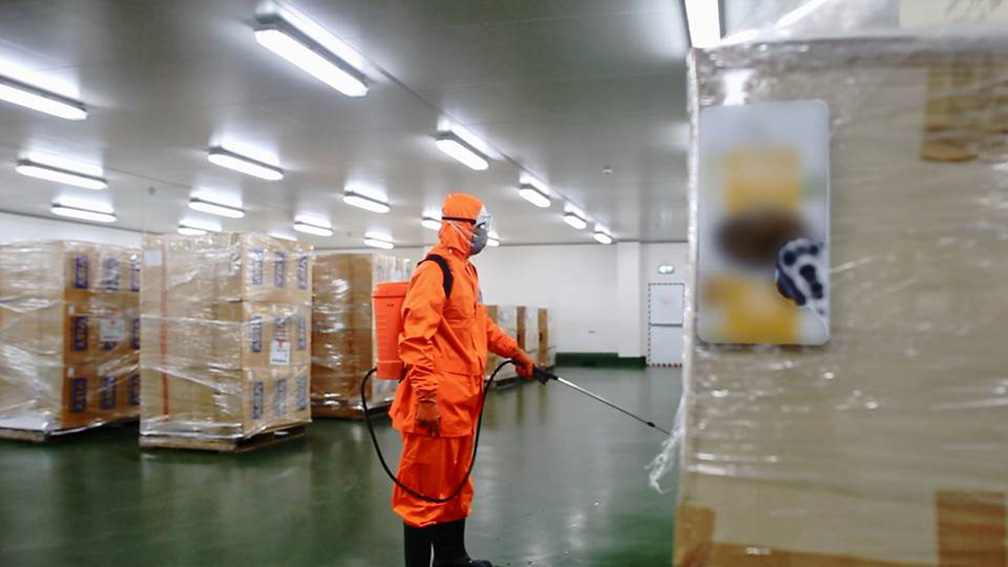
3. Control Personal Hygiene and Work Environment at Manufacturing Building
- Location and Manufacturing Building: The entrance and exit must be controlled while the manufacturing building, meeting room, cafeteria and changing room should be properly managed.
- Sanitation: the personal hygiene equipment must be readily available at the work station including a hand washing sink, liquid soap, disinfectant, disposable paper towels and auto lid pedal waste bins, with the clear instructions provided.
- Cleaning: Strictly clean and disinfect the machinery, manufacturing buildings, floors, walls, as well as common areas which are prone to contact such as door knobs, handrails, elevator buttons, chairs, dining tables, etc., in an appropriate frequency.
- Personal Hygiene of Workers: Workers must be screened daily before entering the building, collecting information to trace back and must wear a mask at all times. They are also required to wear gloves, wash hands, maintain social distancing and prevent any contaminations during operation.
- Training: Employees are trained to protect themselves from COVID-19 including temperature checking, wearing a mask, social distancing, cleaning and disinfecting, as well as reducing congestion, in order to ensure that their workplace is COVID-19 secure.
“Thailand” is the major exporter of ready-to-eat food with the trusted quality and safety from the New Normal manufacturing practices to consumers worldwide. Thailand also offers a wide variety of other food products with COVID-19 safe food procedures, including fresh fruits and vegetable, beverage, processed food, snacks, halal food and healthy food that consumers purchase conveniently in response to their New Normal lifestyle.
Hits: 960


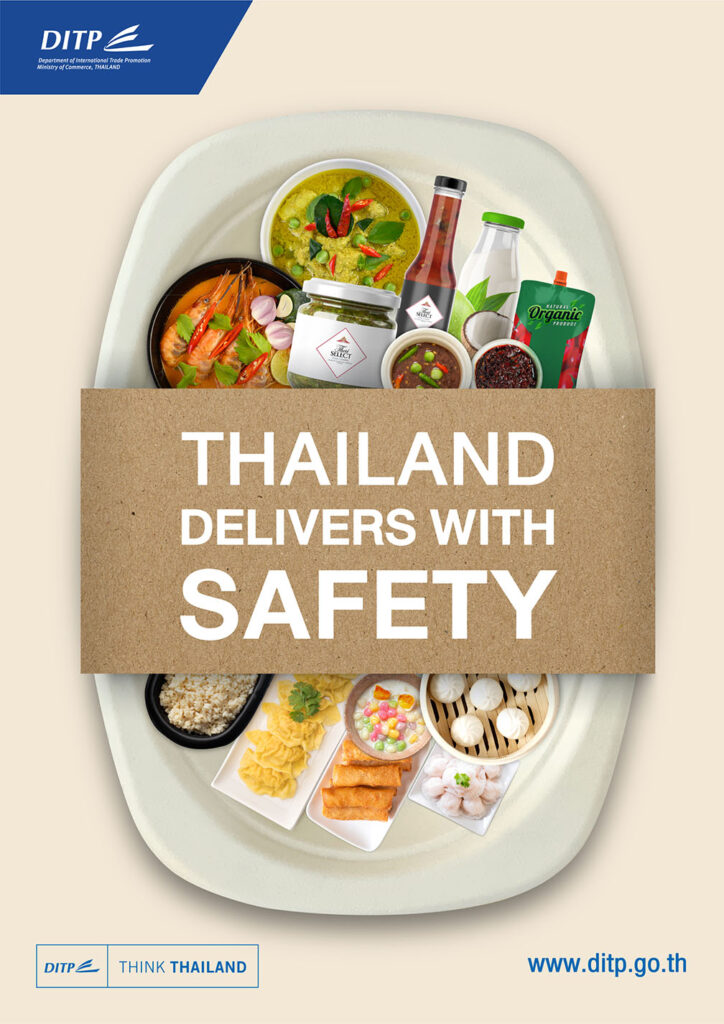




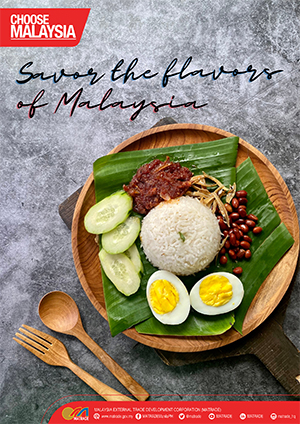

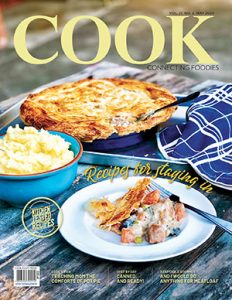

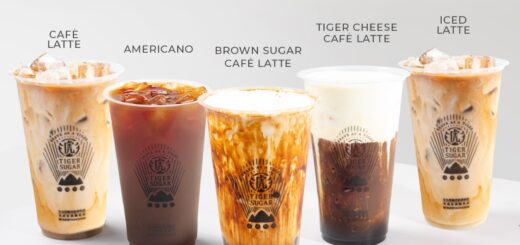

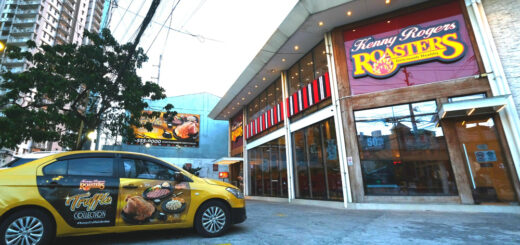

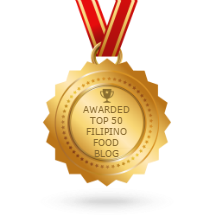





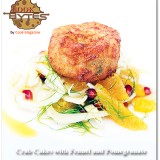

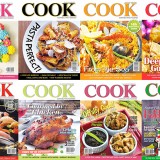
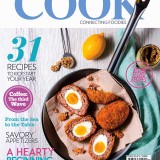
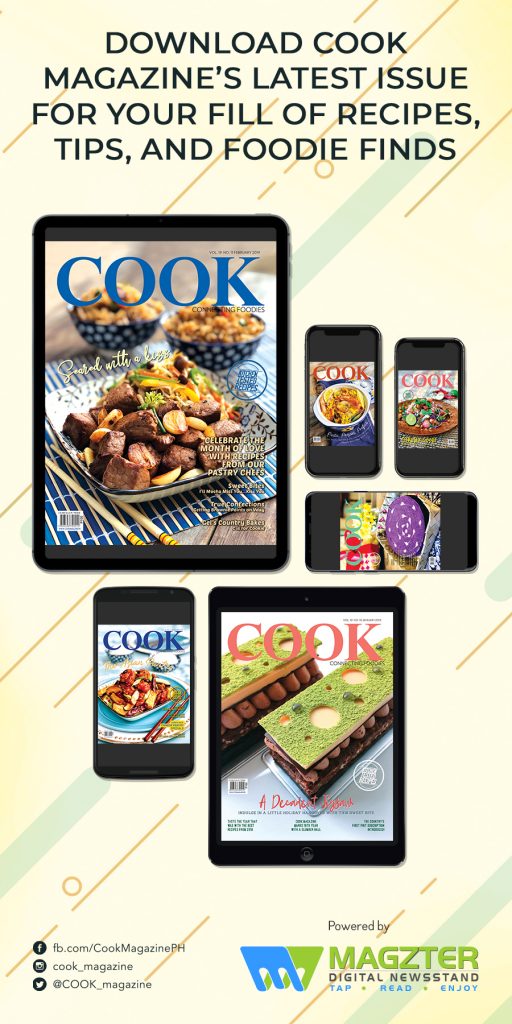


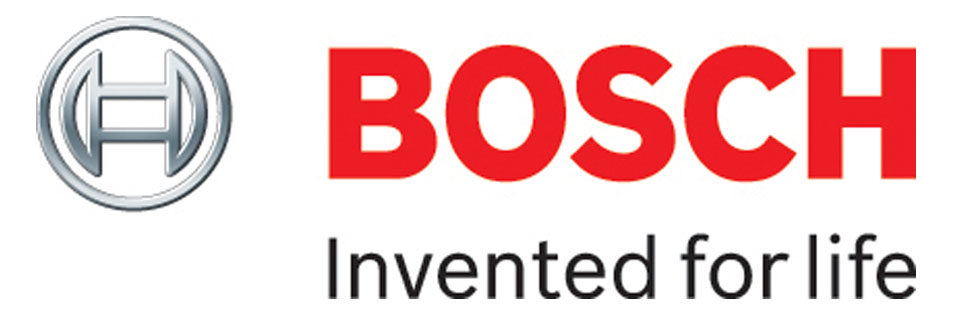
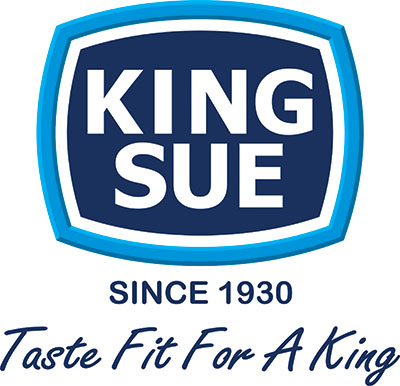
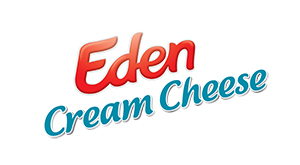
Recent Comments